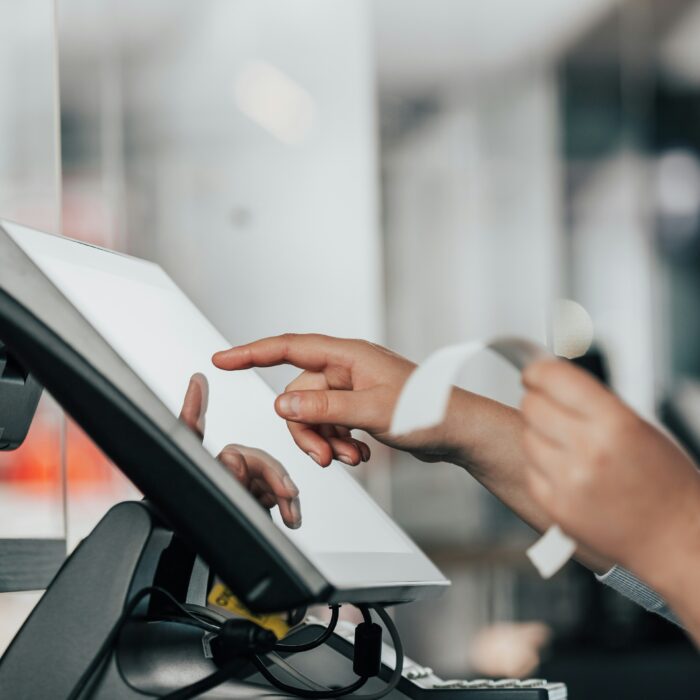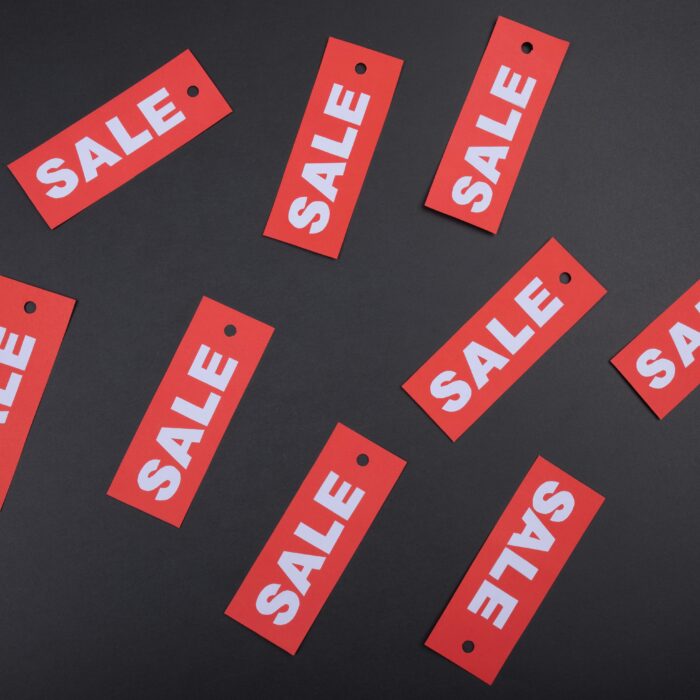Amazon FBA: Responding to California sales tax letters
by November 1, 2024
Many Amazon FBA sellers have reported receiving the below letter from the new California Department of Tax and Fee Administration (CDTFA).

The crux of the letter is this:
“We received information that indicates your business may use fulfillment by Amazon services for sales you make over the Internet. As such, if you have inventory that is stored in fulfillment warehouses in California for delivery to consumers in this state, you are required to register with the California Department of Tax and Fee Administration (CDTFA), file sales and use tax returns, and pay tax on sales to consumers in California (Revenue and Taxation Code 6203).”
For a long time now, California and Washington have been the two most aggressive states when it comes to pursuing out-of-state Amazon FBA sellers for sales tax. This latest round of California letters, all dated September 27, 2017, is the most pointed I’ve seen yet. It even names selling via “Fulfillment by Amazon” as the reason for contact. Though it’s unclear how they received Amazon FBA sellers’ information, the sheer volume of letters delivered to sellers might indicate that Amazon shared information with the state.
“The letter is definitely consistent with the trend of states turning their focus towards marketplace sellers and attempting to locate sellers that may have nexus in California but aren’t registered,” said sales tax expert Sylvia Dion of PrietoDion Consulting Partners. “An Amazon FBA seller who has inventory in any of the California fulfillment centers should absolutely get registered for a sales/use tax permit with the California DTFA right away. It appears California is giving the seller an opportunity to get registered right away, and is only asking the seller to complete the nexus questionnaire if the seller believes they may not have a requirement to register. It seems to me that an Amazon FBA seller can still register and apply for Voluntary Disclosure, which in California is a different process than in most other states. In California, a seller registers first then has 30 days to apply for Voluntary Disclosure. A seller who receives this letter should definitely not ignore it.”
What does the California sales tax notice mean for Amazon FBA sellers?
We talked to two trusted sales tax experts about this letter. Both experts asked not to be named directly in this article because they are currently working to obtain voluntary disclosure agreements (VDAs) for their clients, and their first duty is not to jeopardize negotiations that are not yet finalized. However, if you need a sales tax expert you can find both of them on our sales tax experts page (or write into [email protected] and we will provide the details).
Both sales tax experts we spoke with had talked with the CDTFA and reported similar conversations.
Both were told that the objective was to have FBA sellers prove that they’ve been sales tax compliant. They could accomplish this by proving that they’ve been collecting and remitting sales tax all along. This means that even if you’ve been sales tax compliant in CA you may still receive this letter.
Both sales tax experts also heard that the newly revamped CDTFA is serious about having Amazon FBA sellers comply with California sales tax laws. Both reported that in their first conversation with the CDTFA they were told here was no wiggle room on the “look back” period (how long the state can go back and assess fines for unpaid taxes) or waiving fines, penalties and interest.
One of the sales tax experts we talked to also reported that upon further talks, they were able to successfully begin negotiating Voluntary Disclosure Agreements for a client, but were told that this option will only be available during a small window of time.
So what should you do if you receive the California letter?
According to Lauren Stinson from Windward Tax, “This shouldn’t be a DIY situation. Ask for professional help, and do it sooner than later. California is not going to be very forgiving for long.”
I’ll add that the same advice holds true from any letter you receive from a state. Sometimes sellers receive “nexus questionnaires” that are full of potential pitfalls. Answering incorrectly can open you up to further exposure, fines and penalties.
Conclusion
With this round of letters, California has turned their attention to Amazon FBA sellers. If you receive this letter and aren’t sure what to do, ask a sales tax expert for help.
If you’re worried about potentially owing sales tax to California, you can also use TaxJar to determine your total past due sales tax liability. If you’re unsure whether to begin collecting sales tax in California, read our “When to Register for a Sales Tax License” article for more guidance.








